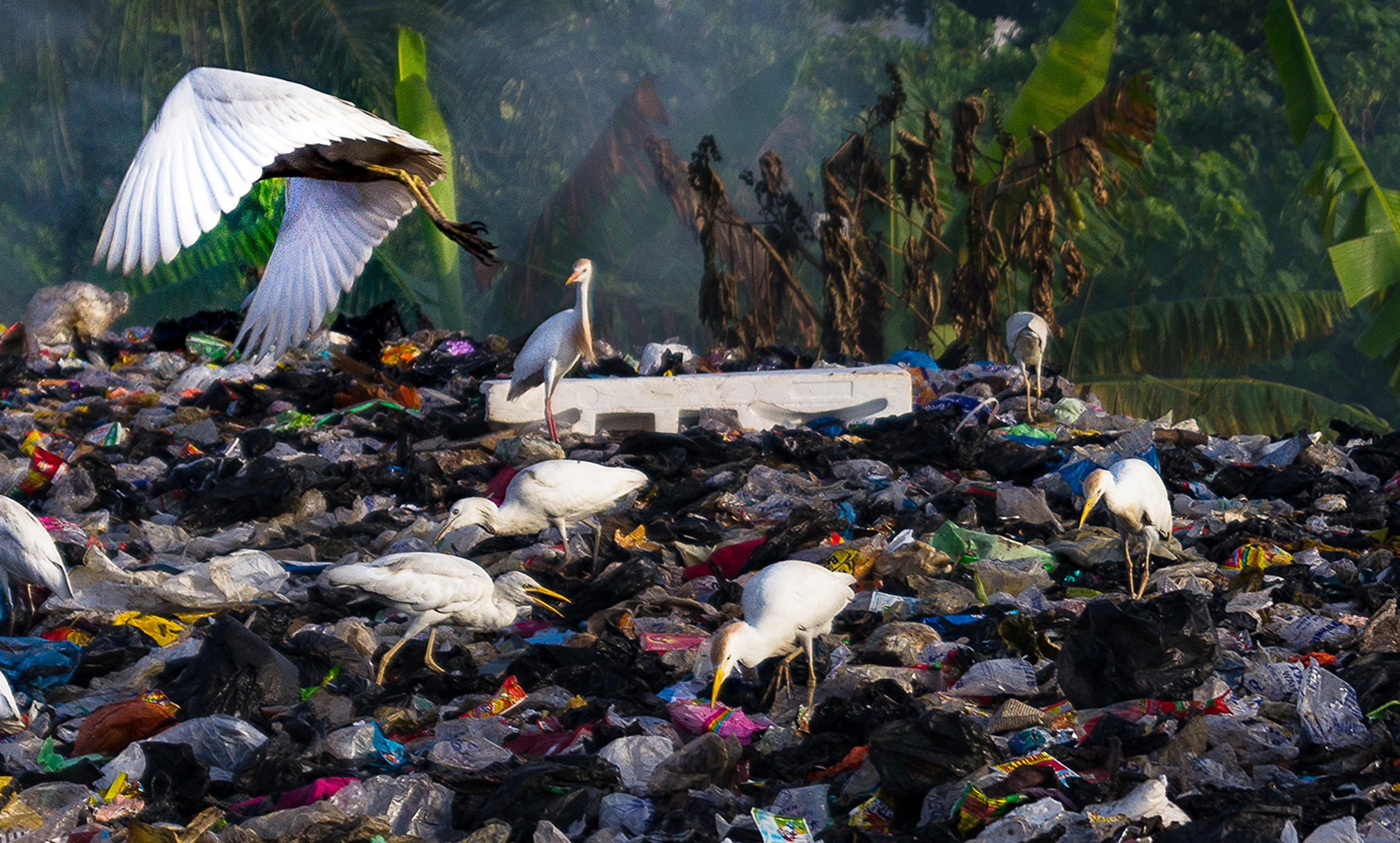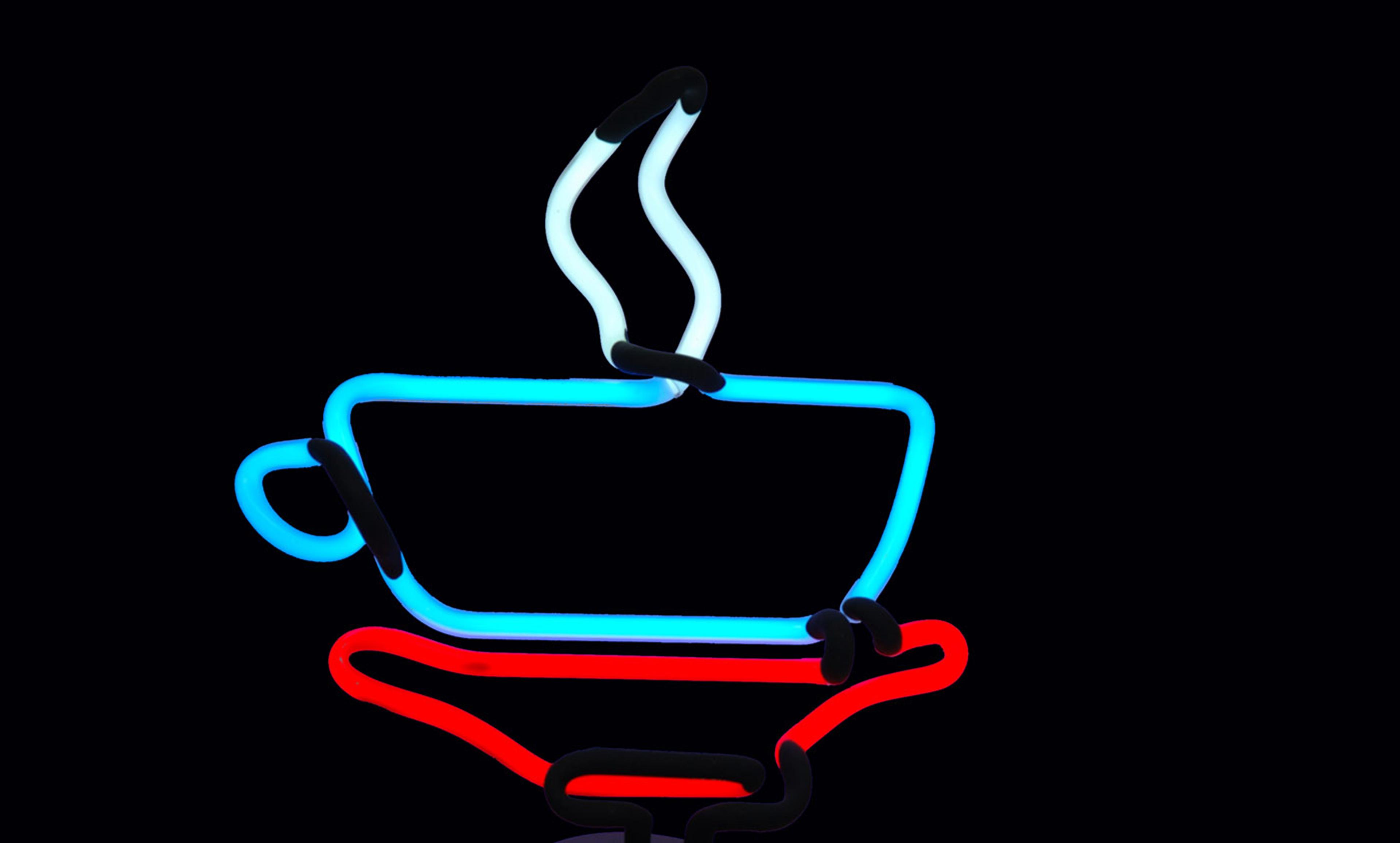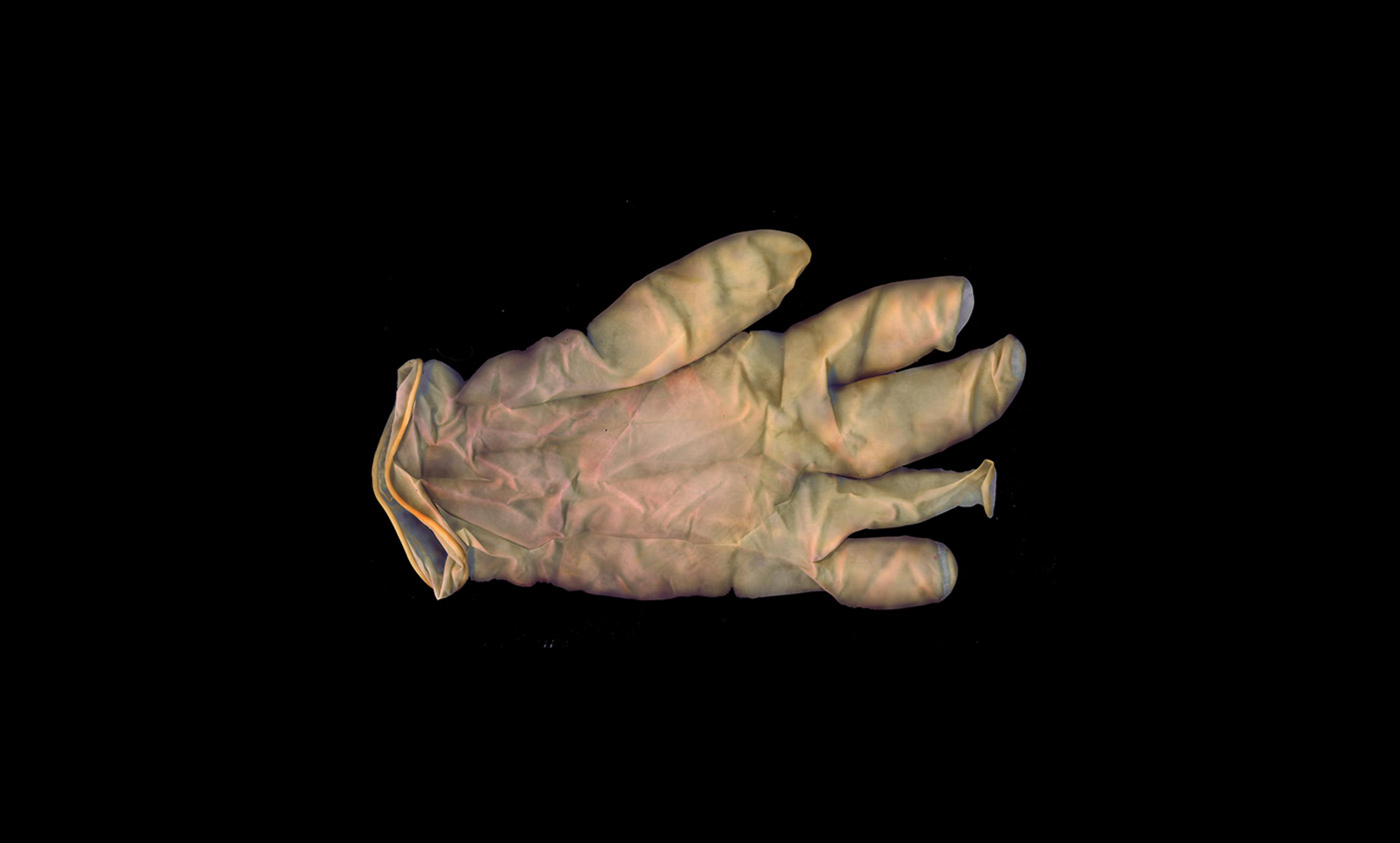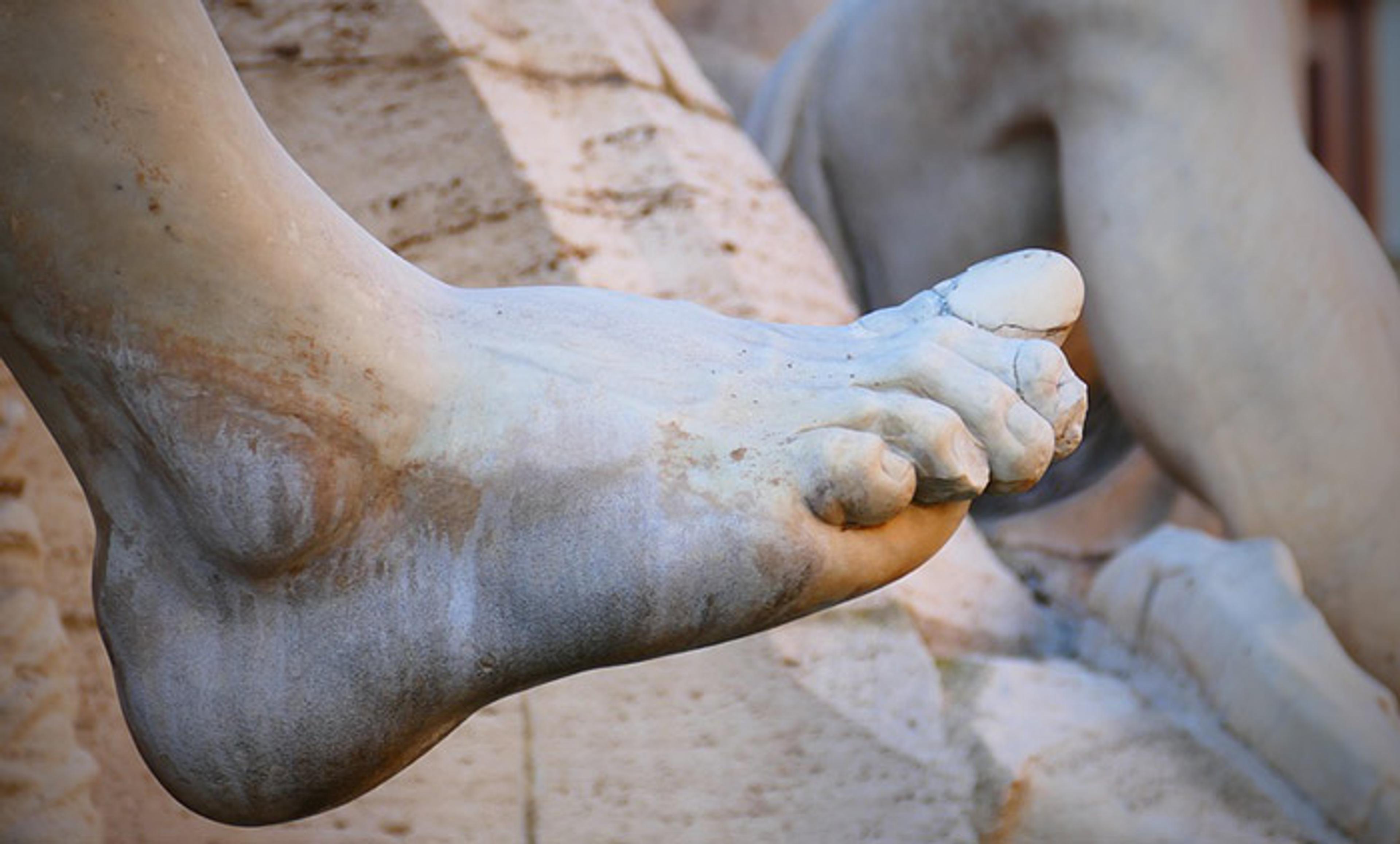Photo by Ayotunde Oguntoyinbo on Unsplash
Philosophy traditionally has been about ‘higher’ questions: what is knowledge? What is the meaning of justice? What is the nature of ultimate reality? These questions soar above the petty concerns of the everyday and reach towards a realm of pure ideas. But can the ‘unclean’ – dirt, mud, bodily wastes, the grime of existence – be relevant to the philosopher’s quest for wisdom and the truth? Philosophers don’t often discuss filth and all its disgusting variations, but investigating the unclean turns out to be as useful an exercise as examining the highest ideals of justice, morality and metaphysics.
In his dialogue Parmenides, Plato gives us an inkling of the significance of philosophising about the unclean, which he names ‘undignified objects’, such as hair, mud and dirt. The young Socrates, at this stage but an entry-level philosopher, is discussing the foundations of reality with the venerable Parmenides. While this encounter between these philosophers about ‘undignified objects’ is brief, it is profound, for it shows how insightful thinkers use digressions and marginal comments to demonstrate that not everything is as clearcut as system-builders – including even Plato – might think.
Parmenides quizzes Socrates about whether the theory of ideal forms – the argument that particular material objects have correlated ideal patterns, which are the perfect forms of the imperfect things – can include mud and dirt. Can there be a perfect form of filth? Taken aback, Socrates confesses that he is troubled by this point because it seems to lead to nonsense: ‘perfect filth’ is contradictory. Instead, Socrates prefers to return to discussing the higher ideals of ‘goodness’ and ‘beauty’. Confronted by Parmenides with the unseemly facts of mud and dirt, he takes refuge in the beautiful – unlike Antoine Roquentin, the protagonist in Jean-Paul Sartre’s philosophical novel Nausea (1938), who, in confronting the ugly facticity of the world, obtains a glimpse of actual, albeit repugnant, reality.
Socrates’ puzzlement at how to explain the very lowest (dirt, mud) in terms of the very highest (ideal forms) suggests the limitations of the dualistic, two-world theory that has formed the basis of several millennia of Western thought. The unclean’s ‘undignified objects’ represent a kind of outer twilight zone – a metaphysical no-man’s land – that eludes overarching theories about the meaning of reality. The very resistance of filth’s inclusion into a master philosophical system serves as a cautionary note, and a lesson in Socratic humility, warning the ambitious and overeager intellectual to slow down. Do not try to assimilate every aspect of our diverse experience into grand explanatory narratives. The unclean’s raw existence is a great intractable that rudely interrupts a philosopher’s thinking when it fails to fit neatly into the theory of forms, thus forcing the philosopher to curb hasty, ambitious generalisations, and think even harder and more clearly. (The classicist Edith Hamilton, in her introductory notes to Parmenides, suggests that Plato attacked his own theory of Platonic ideas in order to know the truth, not to defend his own preconceived views.)
Parmenides’ concerns about the limits of the theory of forms presages the empiricist Francis Bacon. In Novum Organum (1620), he argued similarly for the limits of intellectual speculation, and about the dangers of creating idols out of promiscuously generated philosophical systems by exceeding speculative boundaries:
The understanding must also be cautioned against the intemperance of systems, so far as regards its giving or withholding its assent; for such intemperance appears to fix and perpetuate idols, so as to leave no means of removing them.
In our own day, Slavoj Žižek in his book Disparities (2016) echoes the Parmenidean point about how the unclean can disrupt our comfortable theories about reality: ‘[S]hit remains an excess which does not fit our daily reality.’ An experience of disgust in the presence of the filthy and unclean disturbs our sense of systems and order, causing a ‘disintegration’ of our metaphysical understanding of reality, ‘the very ontological coordinates which enable [us] to locate an object “out there”.’
Like Plato, Žižek uses allusions to the unclean to alert the reader to how repugnant, discordant facts can undercut a particular vision of reality. He also expands the use of the metaphor of filth to call our attention to something else closer to his heart: the failings of our modern political discourse. Bacon warned us of intellectual intemperance, but Žižek uses references to the unclean to warn us of modern political intemperance. In the cases of Plato, Bacon and Žižek, the philosophical issue raised is about boundaries and the implications of transgressing them.
In the unclean, Žižek finds the ultimate metaphor for the dumbing down of political thought and speech, a way of understanding the collapse of modern political discourse – itself an echo of Plato’s critique of the false, that is, ‘sophistical’ use of political language – in which ‘public vulgarity’ is used without shame.
He begins his argument with a scene from a surreal film from 1974 in which people at a dinner party defecate in public:
We probably all remember the scene from Luis Buñuel’s The Phantom of Liberty in which relations between eating and excreting are inverted: people sit at their toilets around the table, pleasantly talking, and when they want to eat, they silently ask the housekeeper: ‘Where is that place, you know?,’ and sneak away to a small room in the back.
Political figures today, Žižek argues, are committing the verbal equivalent of this public defecation. They are violating traditional, unwritten rules and boundaries that are used to guide public conduct by making outrageous statements that were once taboo. ‘They are a clear sign of the regression of our public sphere,’ he writes in Newsweek in 2016. ‘Accusations and ideas that were till now confined to the obscure underworld of racist obscenity are now gaining a foothold in official discourse.’ And citing Georg Hegel’s notion of Sittlichkeit – the ‘the thick background of (unwritten) rules of social life … that tell us what we can and cannot do’, Žižek further observes that ‘These [unwritten] rules are disintegrating today: what was a couple of decades ago simply unsayable in a public debate can now be pronounced with impunity.’
A discharge of verbal political filth has changed the public sphere into a kind of collective public toilet for language users – lurid speeches full of nasty ignorance, blatant vulgarity and raw prejudice. Plato and Žižek, with some tacit support from Bacon, use the notion of the unclean in similar ways to offer, implicitly, practical advice about how humans should conduct themselves: be wary of intemperately overstepping limits by chasing overweening ambitions, whether intellectual or political, which soil clear thinking and logic, and/or corrupt language, politics and ethics. Discussions of lowly filth, and all of its disgusting variations, are not merely the province of vulgarians, but seem to offer life lessons for everyone, not just philosophers.






